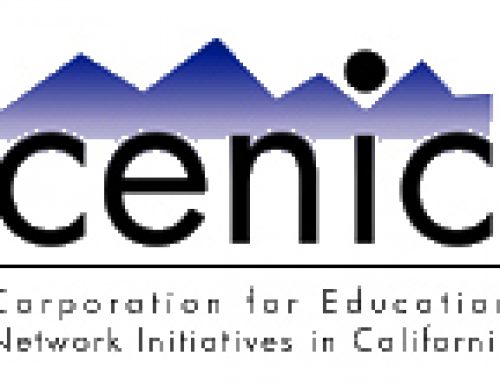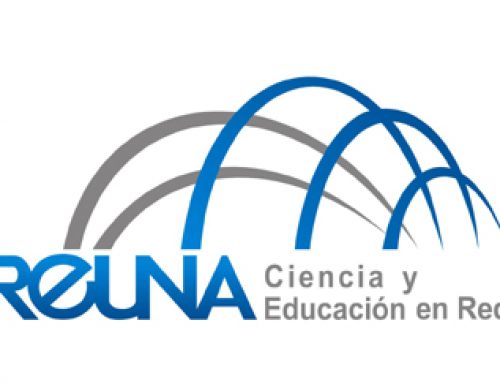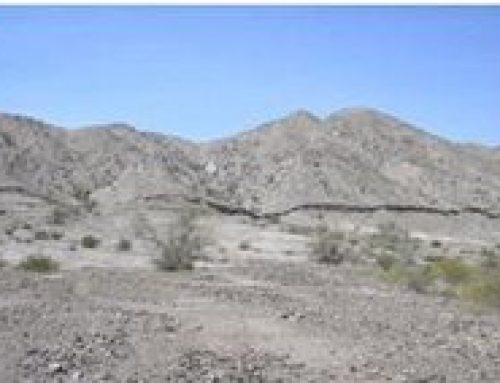Newsletter August 2012
1. Open Science Data Cloud
2. Mexico, Ecuador and Colombia are committed to e-Science in LA
3. South American Astronomy Coordination Committee (SAACC)
Open Science Data Cloud
 The Open Science Data Cloud (OSDC) workshop was held at the University of Edinburgh from the 16th of July through the 19th. Scholars representing different academic institutions from around the globe gathered to discuss and share ideas about discovering precise information from complex and heterogeneous data using cloud computing.Subjects touched upon during the event included applications in image processing, applications in earth systems, technical advances in using cloud computing, information from biological images, improving the power of OSDC, and related.
The Open Science Data Cloud (OSDC) workshop was held at the University of Edinburgh from the 16th of July through the 19th. Scholars representing different academic institutions from around the globe gathered to discuss and share ideas about discovering precise information from complex and heterogeneous data using cloud computing.Subjects touched upon during the event included applications in image processing, applications in earth systems, technical advances in using cloud computing, information from biological images, improving the power of OSDC, and related.Read More…
For more information about the OSDC Edinburgh Workshop including presentations and announcements for upcoming events please visit http://pire.opensciencedatacloud.org. Become a Friend of the OSDC on Facebook.
Mexico, Ecuador and Colombia are committed to e-Science in LA
Read More…
CEDIA, CUDI, RENATA, the National Research and Education Networks of Ecuador, Mexico and Colombia respectively, are the first institution that aim to boost cooperation in the search of financial and organizational mechanisms for Latin America to undergo a process of consolidation and sustainability of the e-Infrastructure in the region and encourage its use by the academic communities. Uniandes and UNAM also have signed this agreement as a result of the GISELA-CHAIN Conference held in Mexico City.
As we know, for six years the European Community funded the training process and development of the e-Infrastructure based on Grid technology, which allows the use of distributed resources to speed-up scientific research. The GISELA project is the latest phase of this process and focuses on the moment for transferring technical and organizational knowledge to Latin America. In this sense, the agreement signed by Mexico, Ecuador and Colombia is formally a political commitment to ensure the sustainability of this regional initiative, adapted to the particular context of Latin America.
The role of Mexico, one of the leading countries of the region on the subject of academic networks, is in this regard to guide the consolidation of the e-Infrastructure in Latin America. Salma Jalife, CUDI’s network representative, acknowledged the Conference GISELA-CHAIN as an activity of great importance, since it has been recognized worldwide by the various initiatives carried out in the field, but also the debate has landed on the concept sustainability of these services, in which national research and education networks play a vital role. “During this period of six years, Mexico has been a major beneficiary, we have developed an infrastructure and unified around the issue, with the network partners. This national awareness will allow us to be an arm that could encourage similar developments in the region, such as in the case of Mesoamerica to address critical issues as Risk and Disaster Prevention, using the platform available. ”
For its part, Ecuador starts a leading role in this phase, recognizing a clear commitment to collaborate in the creation of mechanisms for sustainability of the new processes, as said as said Villie Morocho, the highest authority of CEDIA. “The e-infrastructure involves machines, but beyond that, we must keep integrated the human resources trained for six years and strengthen the regional technically support for this platform. We also need the networks to generate awareness of the need and use of these technologies and have the support of universities”.
CEDIA Network has put in place a platform of 100 cores available for research in Ecuador and makes efforts to integrate the universities in this new phase of scientific production.
It is hoped that other regional national networks integrated the agreement that seeks to continue the work done by the GISELA project and, consequently, strengthen the organization of Latin America around the e-Infrastructure and e-Science.
South American Astronomy Coordination Committee (SAACC)
Meeting held on: Tuesday, March 27, 2012
From the AmLight proposal:”Given the extensive use of AmLight by the astronomical community, the AmLight PI will convene a South American Astronomy Coordination Committee (SAACC) that will be comprised of representatives from the various astronomy projects who are conducting projects or operating observatories in South America.”
Read More…
The SAACC will serve not only to provide input and advice to the AmLight PI and the Steering Committee on program and network needs, but will also serve as a venue for coordinating the needs of these astronomical projects and institutions to improve their resource planning and implementation of operational connections between these distant facilities and users in the continental US.
Agenda and presentation downloads here.
Link to the AmLight flier here.




